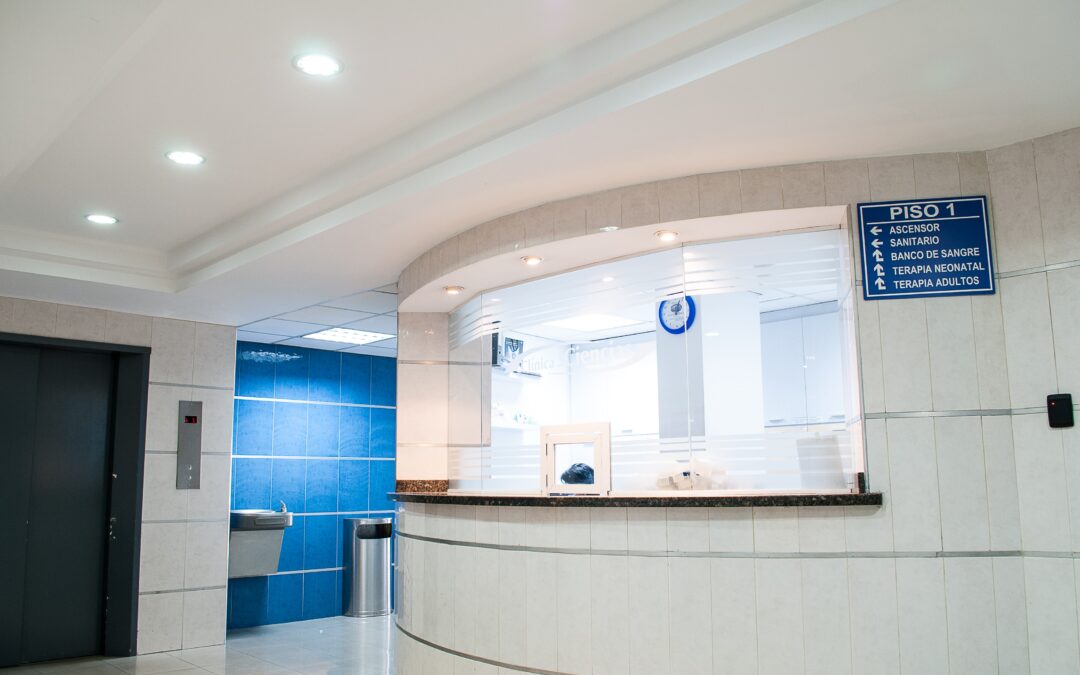
by Evolve Indy | Apr 24, 2024 | Drug Treatment
Overcoming addiction is a challenge that millions face worldwide. Traditionally, treatment has often centered around counseling, group therapy, and in some cases, medication. However, as our understanding of addiction deepens, new and innovative treatments are being...

by Evolve Indy | Aug 17, 2023 | Drug Treatment
Every person who struggles with addiction deserves an approach to treatment that is individualized and tailored specifically to them. Women’s rehab facilities are dedicated to providing compassionate, safe, and effective care for women by utilizing a nurturing...

by Evolve Indy | Aug 8, 2023 | Drug Treatment
When it comes to recovery from addiction, there is no one-size-fits-all approach. One treatment program that may be right for someone in recovery from substance abuse issues is partial hospitalization. This type of program offers the supportive structure and quality...

by Evolve Indy | Aug 2, 2023 | Drug Treatment
Cocaine has been a notorious substance in our culture for decades, affecting many individuals from all walks of life. Many would seek help on their own initiative or be referred by friends and family but early detection is essential for successful long-term treatment....

by Evolve Indy | May 31, 2023 | Drug Treatment
Breaking free from addiction is often difficult. Despite experiencing negative consequences, those struggling with addiction may find it hard to break the habit. There are several reasons for this including being afraid or unwilling to deal with withdrawal symptoms or...

by Evolve Indy | May 29, 2023 | Drug Treatment
Addiction is referred to as a family disease and it’s easy to see why. Addiction doesn’t happen in a vacuum and those affected by this disease are often part of a family. As the addiction takes hold, the individual may start changing their behavior, affecting the...







